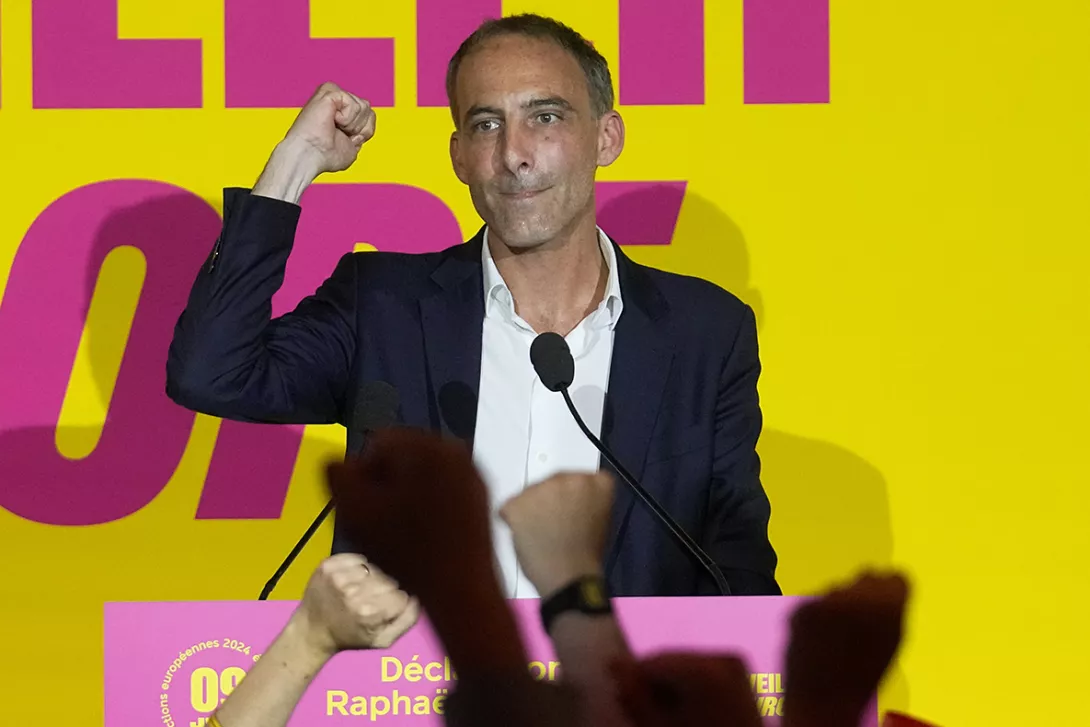VIJAY PRASHAD examines why in 2018 Washington started to take an increasingly belligerent stance towards ‘near peer rivals’ – Russa and China – with far-reaching geopolitical effects
Macron’s gamble blows up French politics
The snap election call has spectacularly backfired, with the right and centre furiously backstabbing itself into oblivion, and the left, from the communists to social democrats, quickly uniting into a New Popular Front, writes NICK WRIGHT
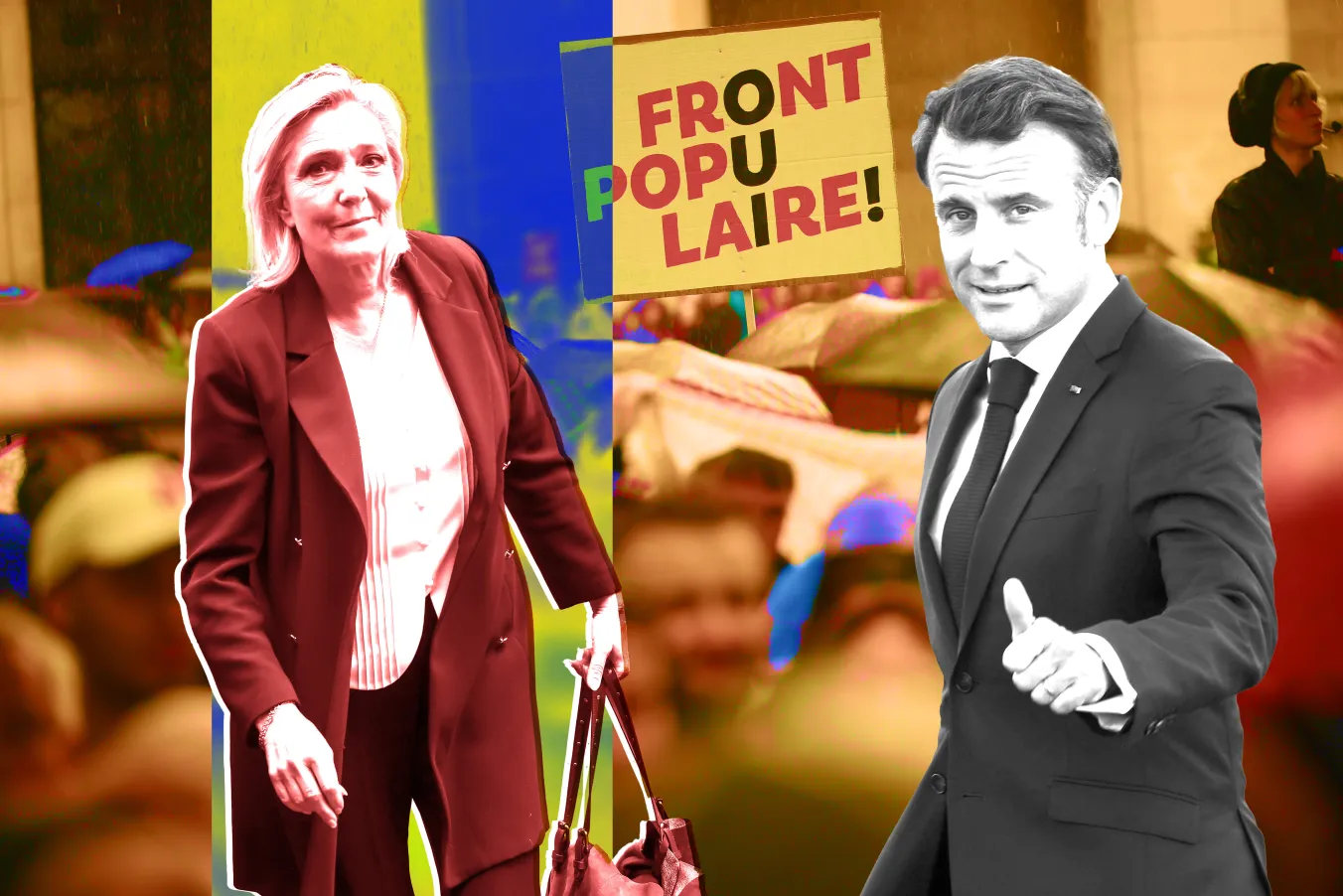
THIEVES’ argot for a safecracker is “a Peterman.” The word’s origins are contested: one version has it that the term derives from Scotland’s Peterhead prison from which the notorious safecracker Johnny Ramensky, alias Johnny Ramsey, escaped five times.
Another has its origins in the term saltpetre (potassium nitrate), the key ingredient in gunpowder. A more likely origin is in the French verb “peter” — to blow up, or more crudely, to fart.
President Emmanuel Macron is today a Peterman par excellence. His reckless decision to call a general election in the impossibly short time of two weeks leaves just a few days before the French people get to pass judgment on their political class.
More from this author
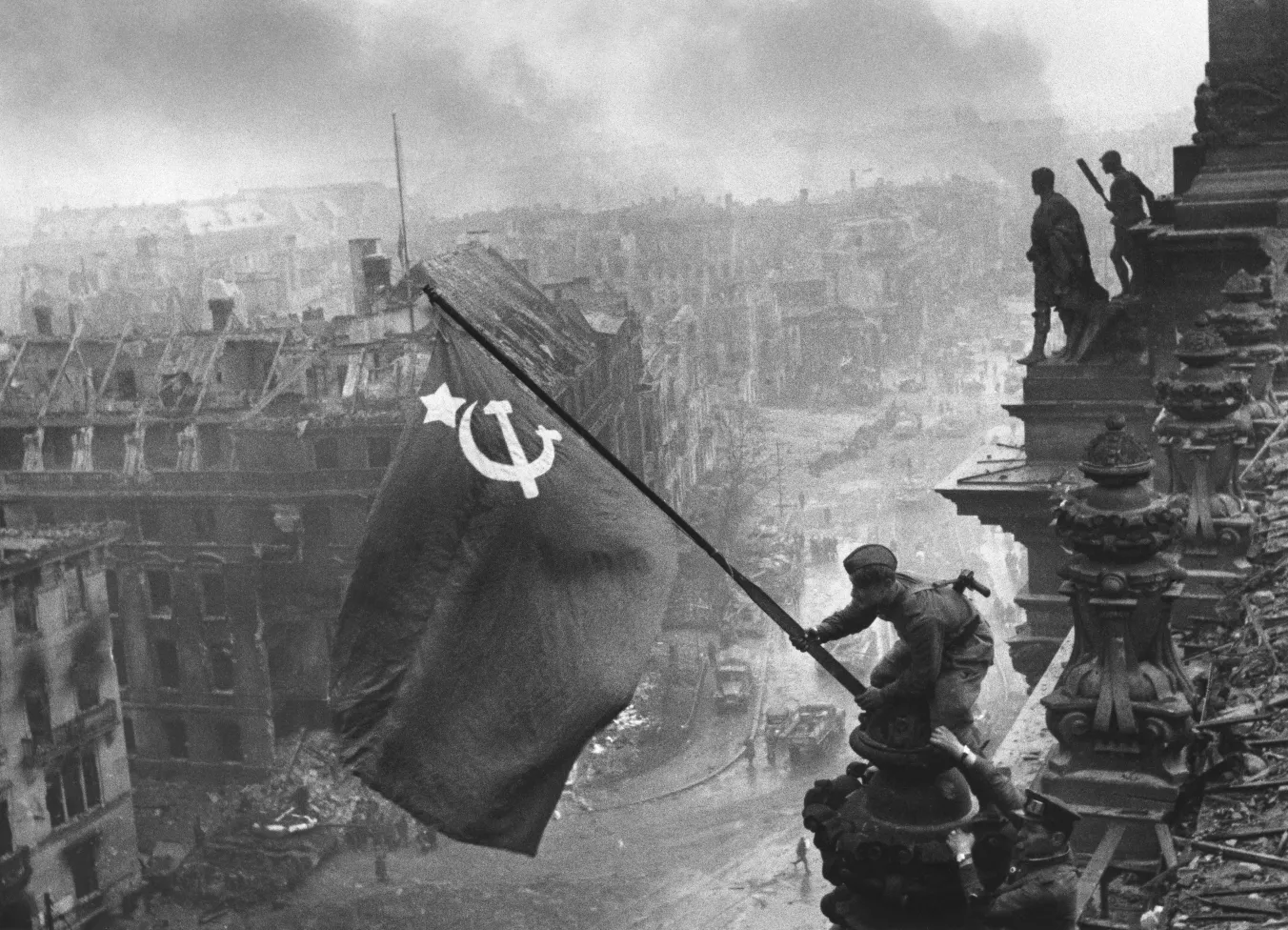
NICK WRIGHT examines the British ruling class's complex relationship with fascism before, during and after the second world war
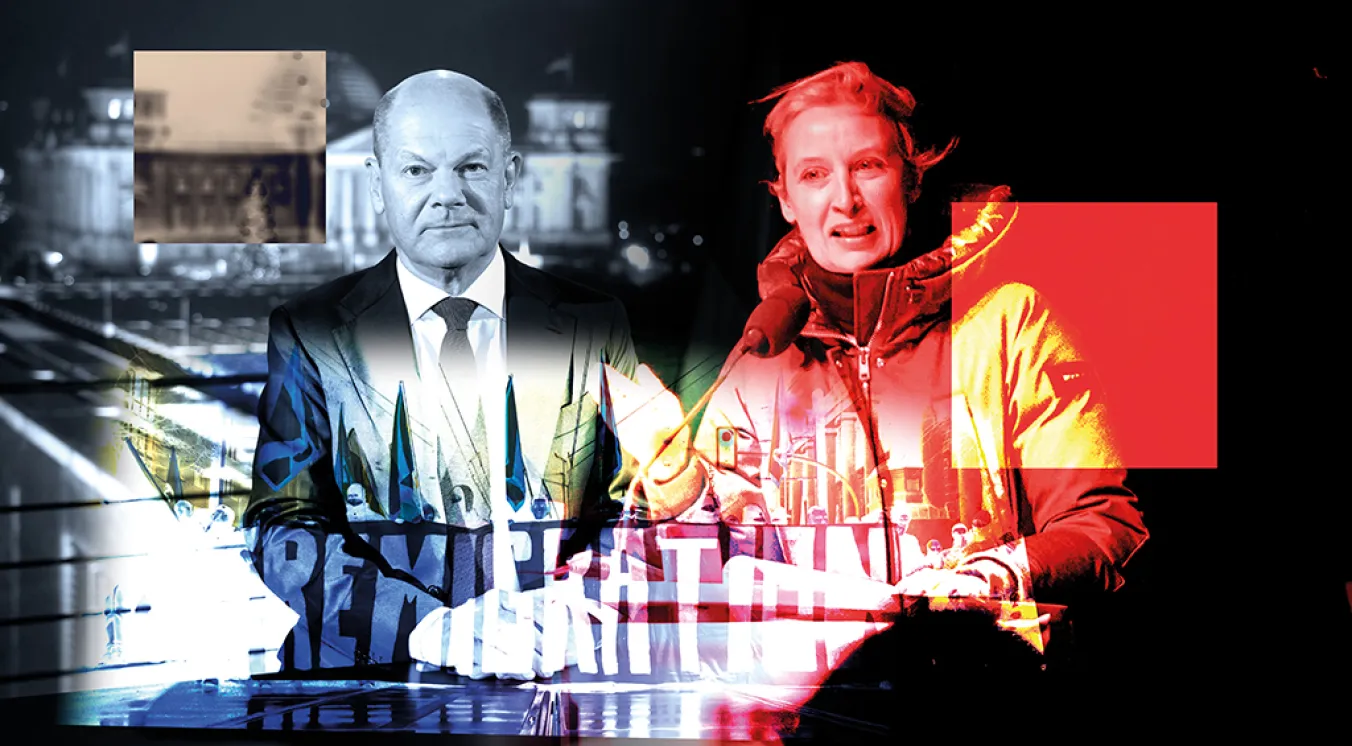
With federal elections coming up in Germany in February, NICK WRIGHT takes a look at the class forces shaping the policies of the main parties, and sees little hope of a breakthrough for the left
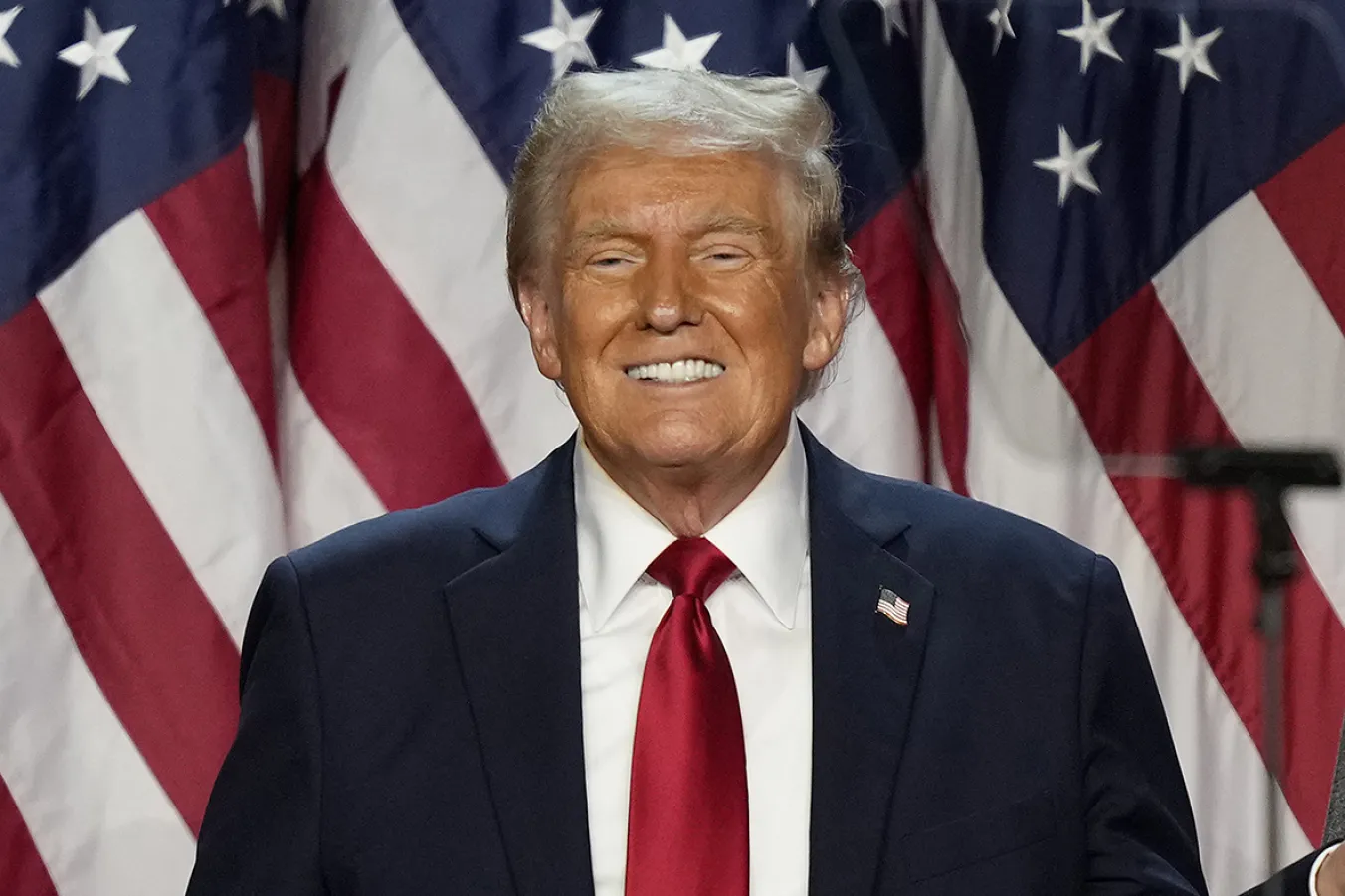
From Maoist student provocateur to Brussels bureaucrat, Jose Manuel Barroso now emerges to push European rearmament and the Atlanticist dream of a forever war with Russia to the tune of billions of euros, writes NICK WRIGHT
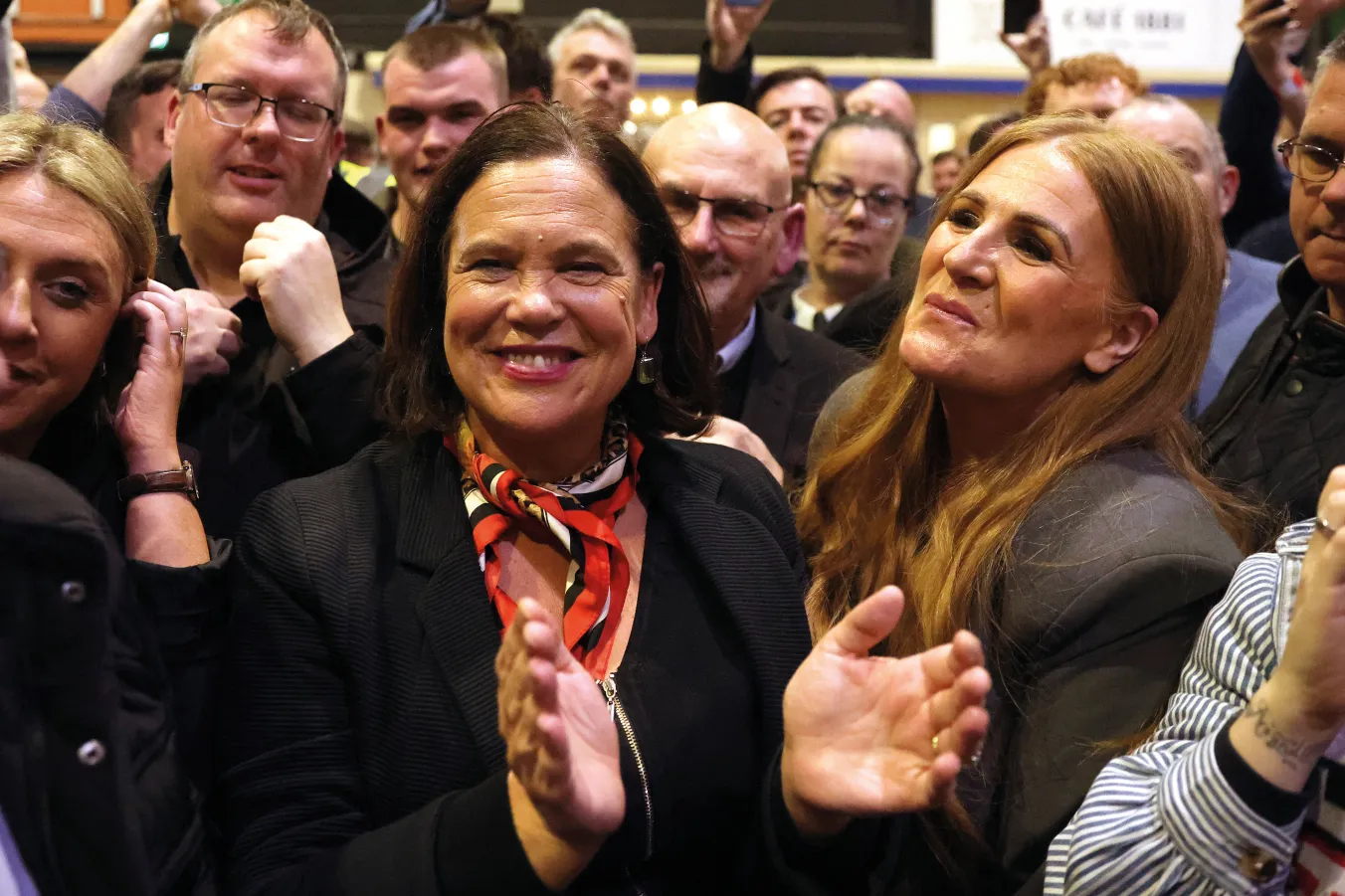
Despite plummeting living standards and multiple crises in housing, education and health, another Fianna Fail-Fine Gael coalition approaches after an election with low turnout and no breakthrough for the left, writes NICK WRIGHT
Similar stories
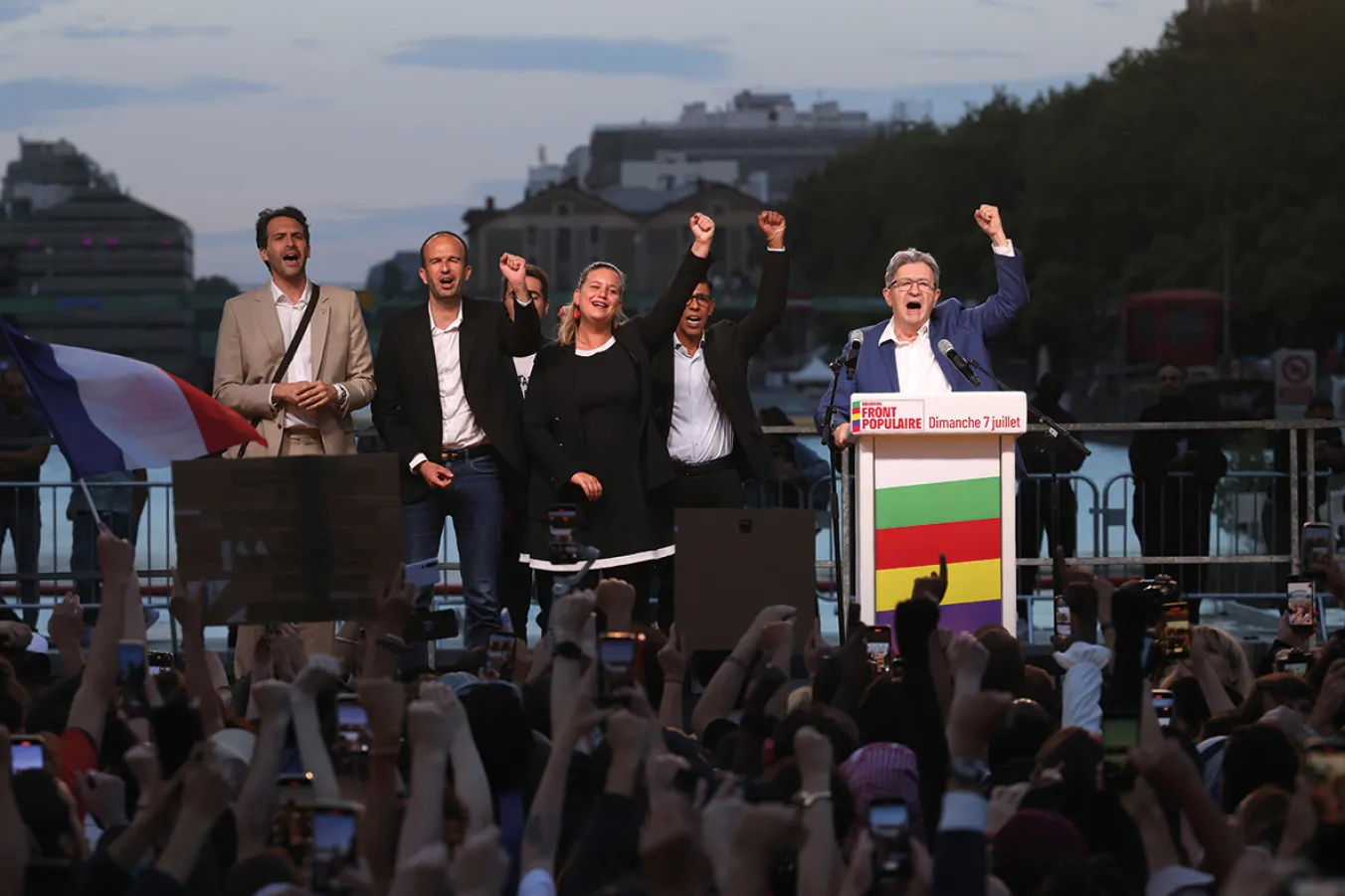
The Melenchon-led NFP coalition now holds most Assembly seats, challenging the president’s anti-worker agenda — the far-right threat remains, but the path to progressive government is now open, writes DENNIS BROE
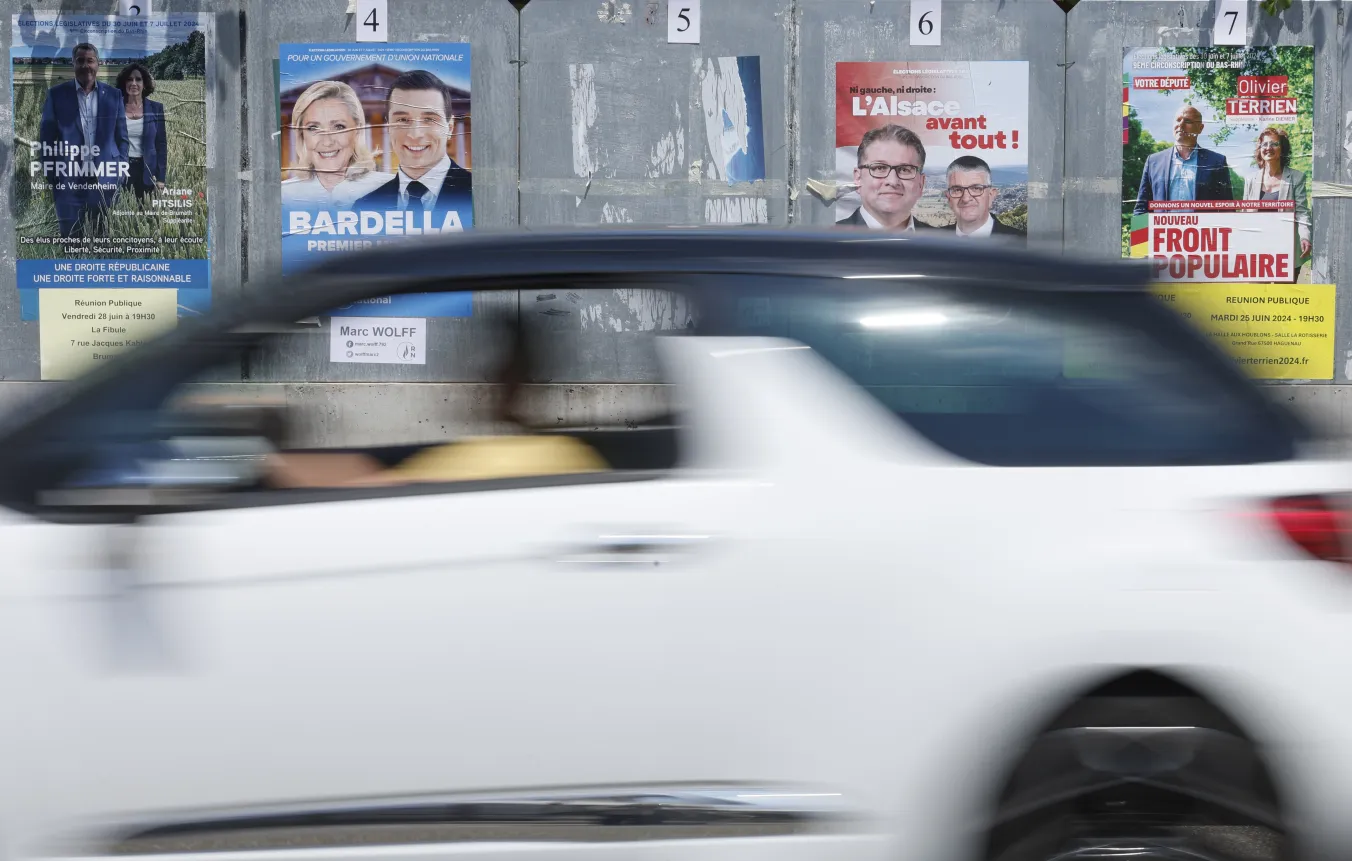
Can the conservative, centre and left of French politics work out a complex dance of candidates standing aside for each other to prevent an outright, far-right victory this Sunday? NICK WRIGHT assesses
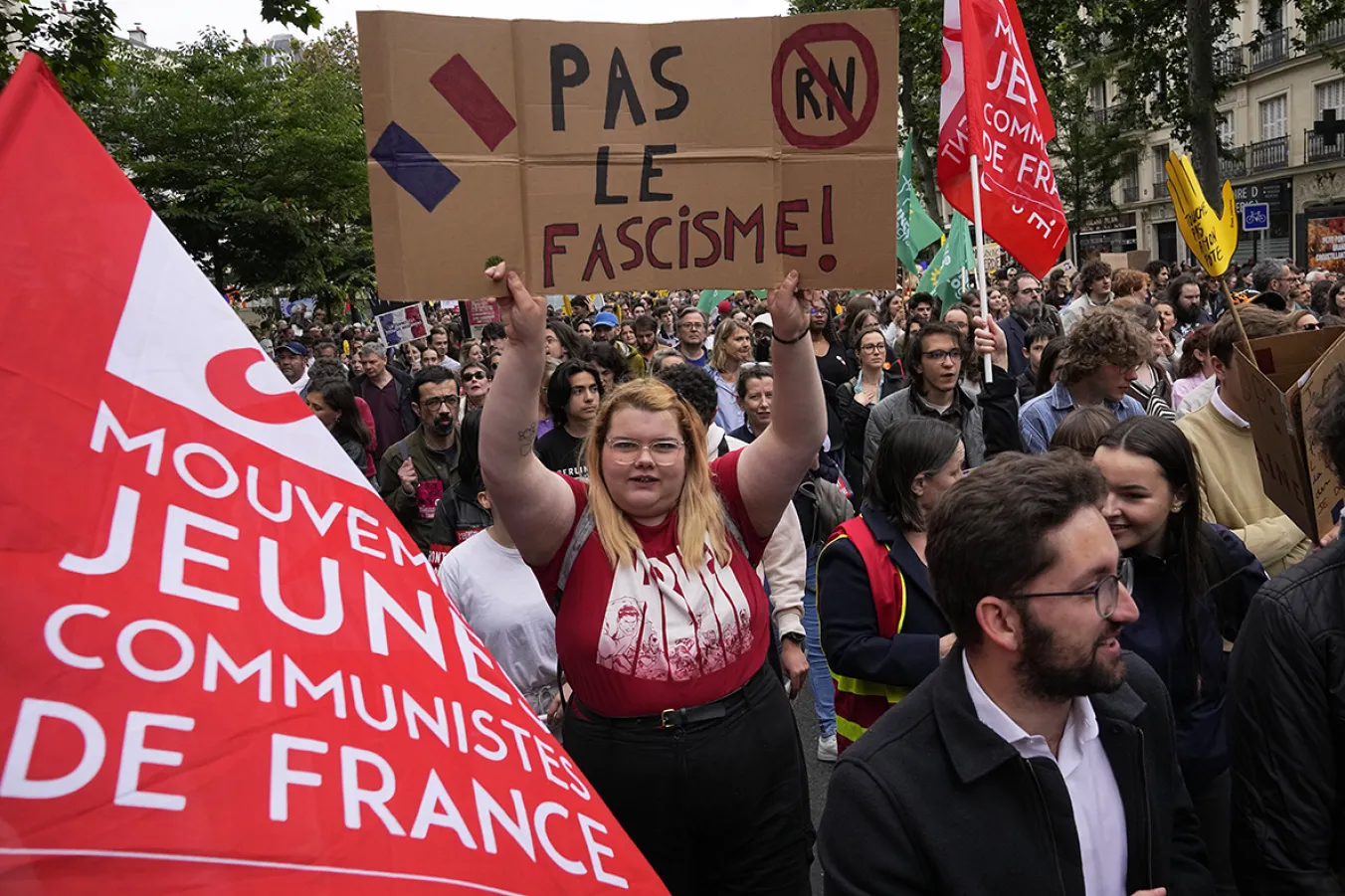
Amid an enormously dynamic situation, can Le Pen’s National Rally be stopped in the forthcoming snap election and what role will the new left-wing anti-fascist pact play, asks KEVIN OVENDEN










